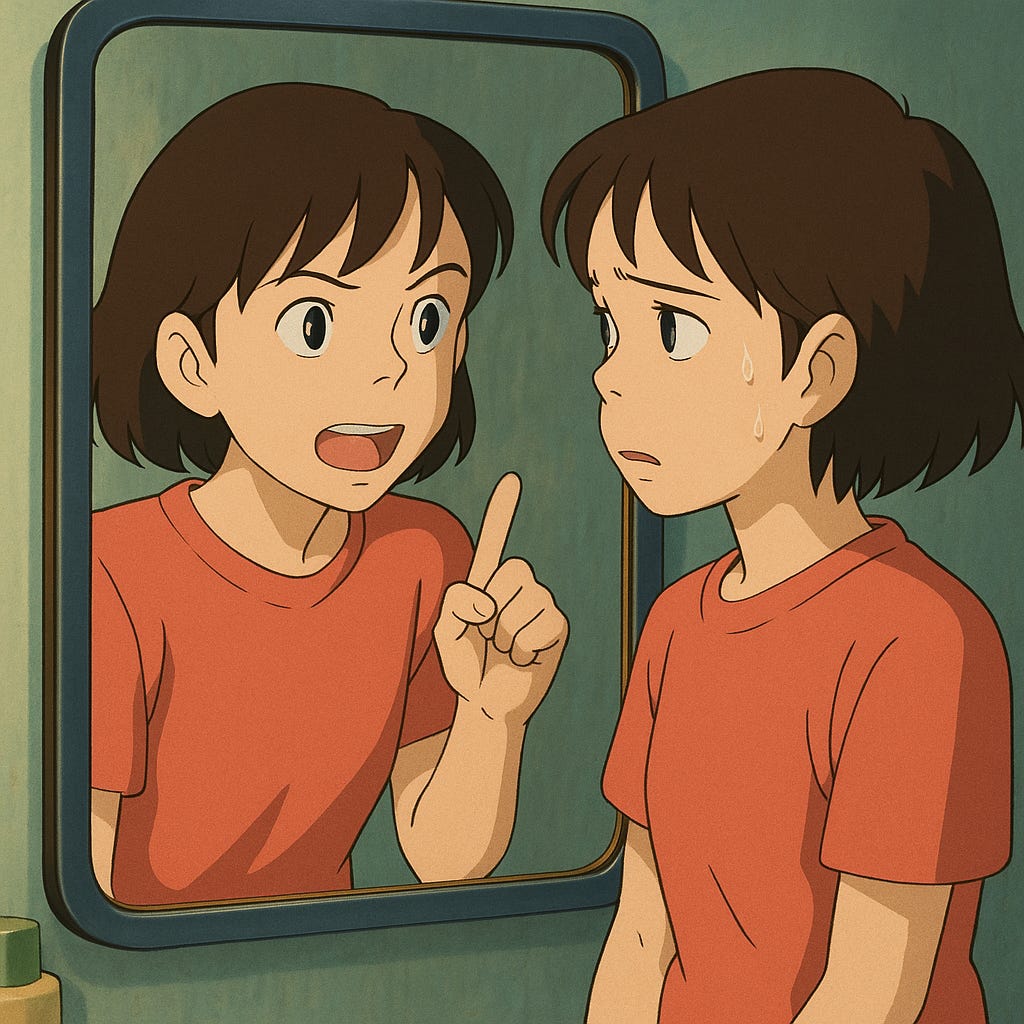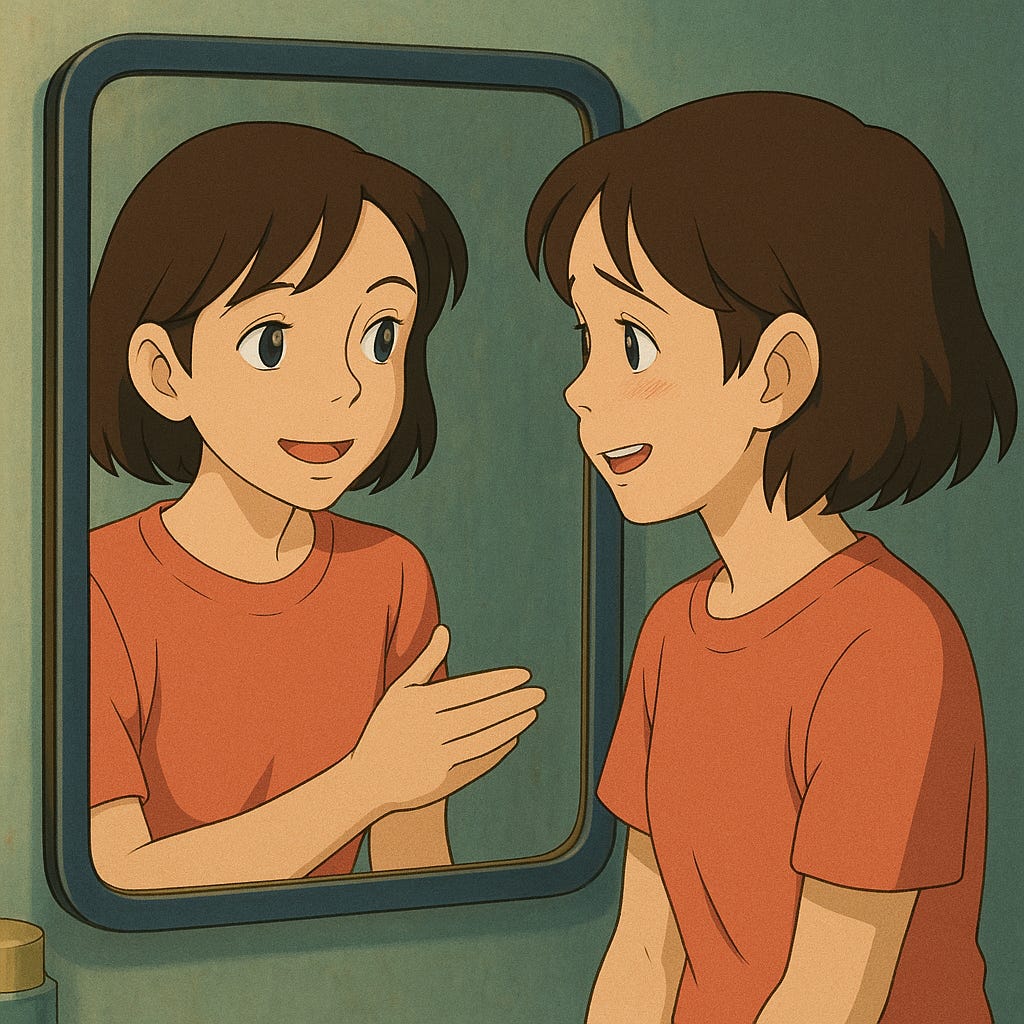Why We Bully Ourselves
We bully ourselves more than we realize. Here’s how to catch it—and what to say instead.
The other day, the topic of how we talk to ourselves came up with a work friend. I asked him,
“Say, what would happen if you spoke to someone else the way you speak to yourself?”
He shuddered, chuckled, and gave a frank reply.
"That sounds like a good way to get your ass kicked."
While no doubt humorous, I'd have to say the same—and there's a good chance that you'd agree. The way most of us talk to ourselves—especially following a personal failure—is usually far from supportive or compassionate. But why do we speak to ourselves in ways that would be considered toxic or downright abusive if we were to say such things to another person?
Because we think we can get away with it.
There's a good chance you can say whatever demeaning thing to yourself and no matter how cruel or hurtful, you're not going to bust your own lip or throw yourself through a glass coffee table like Ed Norton's character did to himself in the movie Fight Club.
But that's kind of the problem. Why shouldn't we stand up for ourselves against...ourselves? The answer: we absolutely should. But this starts with realizing that it is happening in the moment.
Something to try:
The next time you catch yourself in the dumps over virtually anything, take a beat to detach from yourself. Looking at yourself from an objective perspective, approach yourself as a friend, using compassionate language.
Check in with yourself.
Console yourself.
Call yourself "buddy," "dude," or "pal."
"How are you doing, dude?”
“C’mon, chin up, pal."
“No worries, buddy. You got this.”
“Heeeeey, look at you!”
But also, remember to stand up for yourself against your judgment or overly critical side almost like a third friend intervening.
"Hey, now—that kind of talk isn't helpful."
In the end, you have the power to be your own best friend instead of your worst critic. So why not choose to be your friend?



